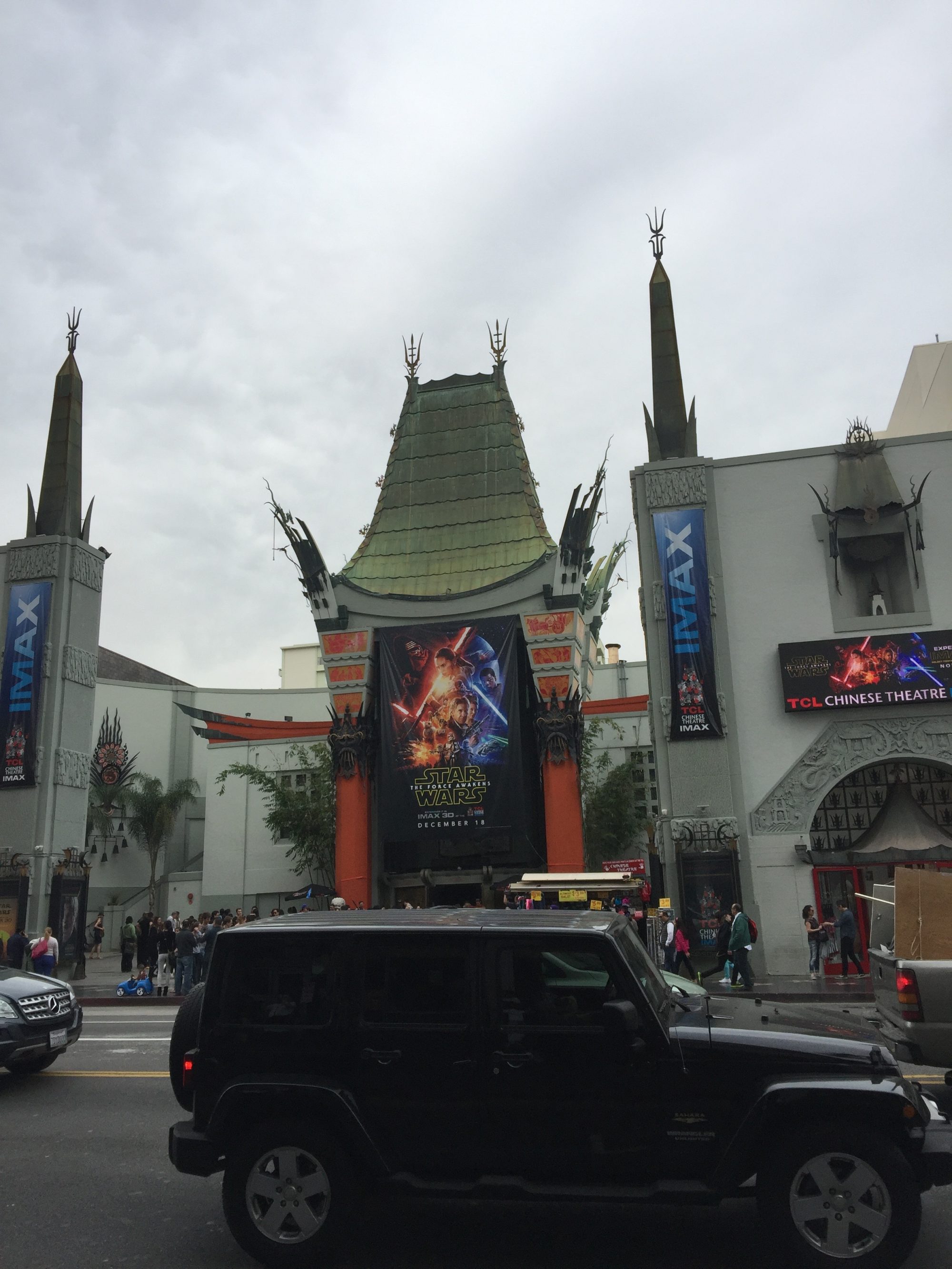The notions of remediation (Richard Grusin and Jay David Bolter), and media convergence (Henry Jenkins) speak to the changing face of media, communication, and literacy including composition or writing. These formulations also inform much of the discussions of new media or multimedia compositions and pedagogies in rhetoric and composition (Cathy Yancey, Steven Fraiberg). In this presentation, I argue that a sound pedagogical approach for teaching writing in its expanded sense (not just a traditional academic essay but a full range of old and new media compositions including websites and movies) such as a multiliterate composition pedagogy that I propose and implement in my writing classes should incorporate these foundational theories of media along side recent conversations in rhetoric and composition about the shifting landscape of media and composition for: 1) they can be instrumental in engaging students in conversations about the evolutionary nature of composition media; 2) these theories and their uptake, appropriation, and extension in composition classes in light of emerging composition technologies can help students see the relationship between old and new media or literacies in a new light; 3) their adoption in course materials and assignments can facilitate students’ learning of multiple literacies that they now require to successfully navigate the complexities of globalized world by involving them in the production and consumption of an array of old and new media compositions; and 4) such an interaction of students with media, if complemented by critical resources from rhetoric and media, can translate into their increased awareness of the rhetoricity of each medium and their roles as the citizens of media saturated world.
In order to demonstrate how the incorporation of these resources in composition can be productive, I will elaborate how I translated the tenets of remediation and media convergence into some meaningful curricular instruments such as remediation projects (where students remediated their academic essays into web forms for two different audiences—general American public, and communities of students’ peers who they closely worked with during the composition of those web texts), and collaborative documentary film-making projects; implemented them in two composition classrooms of diverse student body in an American institution, and achieved some designated pedagogical goals of cultivating multiple literacies in students while engaging them in composition practices in its larger sense. This being a part of a larger study, I will also discuss some of the findings of this experimentation (with a mutliliterate composition pedagogy) in a diverse classroom by triangulating different sources of data such as student artifacts, my curricular artifacts, students’ unit and portfolio reflections, scripts of interviews with fourteen of my twenty students (I interviewed them four times during the semeser—once for each of four units of the course), their blogs, and my own research narratives.
